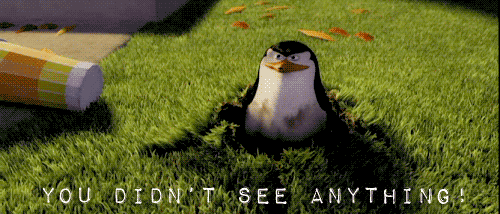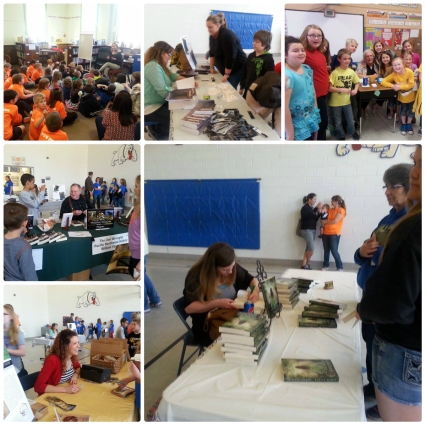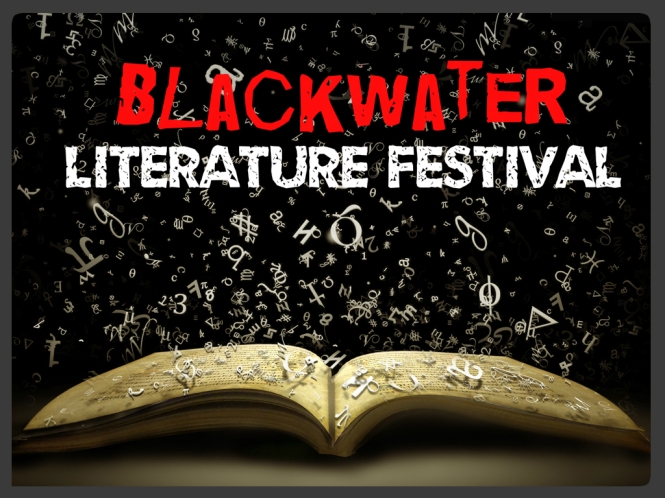Why do we love stories about the good old days so much? Why are the classics still held in such high regard? The simple answer is: We respect the struggle.
THE GOOD OLD DAYS

In 1960, just 50 short years ago, there were only 3 billion people on the earth. Today, it’s speculated there are more than 7 billion. Technology has exploded over the past fifteen to twenty years. Highways have widened. Foods have been modified. Fields have been turned into subdivisions. Everything is created in mass. It’s pretty hard to find anything that’s original any more. Before all of this, in the good old days, things seemed more valuable, because there was just less of everything in general.

We’ve all heard our grandparents’ stories of walking to school uphill both ways. Tales from the olden days are like lasagna, better with each passing day. Like Grandpa’s retelling of the time he fought five grown men to protect your grandmother’s secret chili recipe, stories like UNBROKEN, THE LAST OF THE MOHICANS, pirate adventures, WWII stories, and escapades of pioneer times all draw us in because we’re fascinated by the struggle of life. We have this primal urge to survive which, let’s just face it, isn’t satisfied too often in modern life. So, we fulfill that deep inner longing by putting ourselves in the place of these gritty characters when we read about them, or watch them in movies and television. We all hope that if we were in the same position we’d have the guts to do what they did, whether it’s living without electricity, crossing the country in a wagon train, or surviving the brutality of a POW camp.

There’s sort of this universal respect among humans for “the struggle.” It’s part of the reason why the classics in literature hold value even today. If you were to enter any number of classic novels into a writing contest today, they might not make the cut. With so many writers out there, criteria have been tightened up, the market has been specified, and the filtering process is, frankly, brutal. But just because these pieces wouldn’t make the cut according to today’s standards doesn’t reduce their value. The struggle for these writers was real. They wrote 100-thousand-word manuscripts by hand, more than once. They had to foot the bill to have multiple manuscripts printed out and sent them by mail to editors. There was no spell check. There was no internet. If they wanted to know the best place to hide a body, they had to go out and interview a serial killer to find out. So basically, they wrote their stories uphill both ways.
There were perks for these writers too. There was less competition. There were fewer amazing stories vying for the attention of publishers. For many, a whole step was eliminated. They didn’t have to find an agent to get an editor. So, someday, when we’re telling our story, we can talk about our struggle too. Because…
The struggle is real.


![giphy[2].gif](https://brimersniche.wordpress.com/wp-content/uploads/2016/03/giphy2.gif?w=665)




![Zvgu6Ab[1].gif](https://brimersniche.wordpress.com/wp-content/uploads/2016/03/zvgu6ab1.gif?w=271)



































